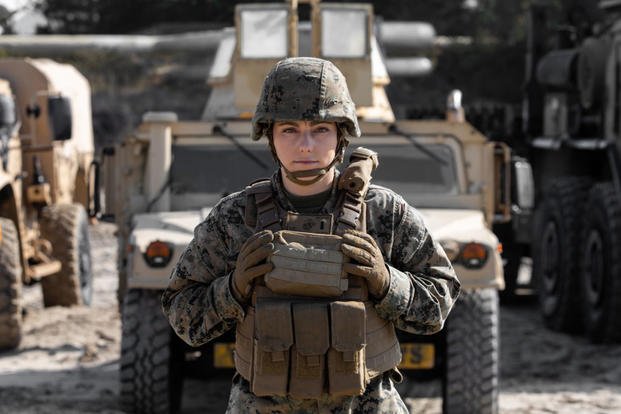Which civilian profession produces the best soldiers?
During my time as an instructor in a German paratrooper unit, mandatory military service was still in place, meaning recruits came from a wide range of professions and backgrounds.
Our battalion received new recruits four times a year:
- In January, it was mostly individuals who were unemployed.
- In April, the majority were miners and steelworkers, as the area had a large industrial presence.
- In July, high school graduates, many of whom planned to attend university later, joined.
- In October, craftsmen, including plumbers, roofers, and mechanics, were the primary group.
Although each quarter had a dominant group, the recruits were always a mix of various backgrounds.
So, who proved to be the best soldiers?
The most successful recruits were the better-educated individuals from the July intake. They tended to grasp instructions more quickly, remained composed under pressure, and often viewed their service as a worthwhile adventure before university. These recruits were generally younger and in better physical condition than the others, which contributed to their success.
The next best recruits were the craftsmen. While we were infantry, having individuals with practical skills—such as mechanics and carpenters—was always an asset. These recruits often displayed leadership potential and were the most likely to transition into professional soldiers, particularly as Non-Commissioned Officers.
The miners and steelworkers were less disciplined. Many joined not out of a desire to become paratroopers, but because our barracks were close to their homes. A number of them were already married and preferred to stay near their families, which affected their commitment to the unit.
The jobless recruits from January were a more varied group. Some lacked motivation and were less capable, while others performed well. Many of them ended up extending their service beyond the mandatory period, as they had no jobs awaiting them in civilian life.
In our infantry unit, success was more about mental adaptability and intelligence than the recruit’s civilian profession. Most tasks could be taught through training, regardless of their background.
In other military units, such as engineers or medics, the best soldiers often came from similar civilian professions, where their skills could be directly applied.
